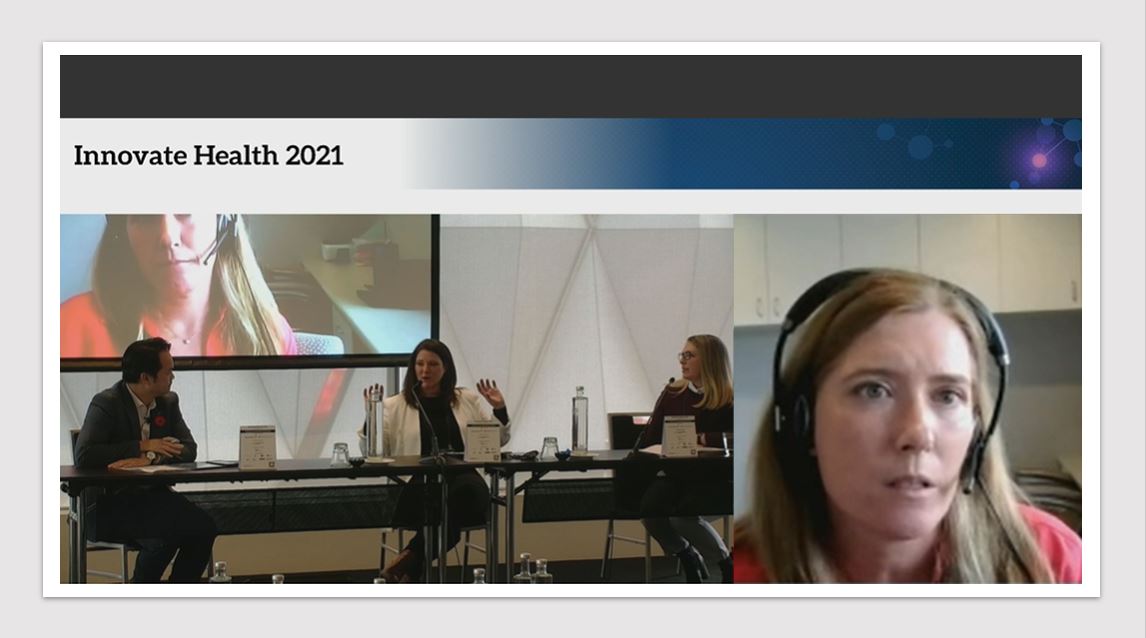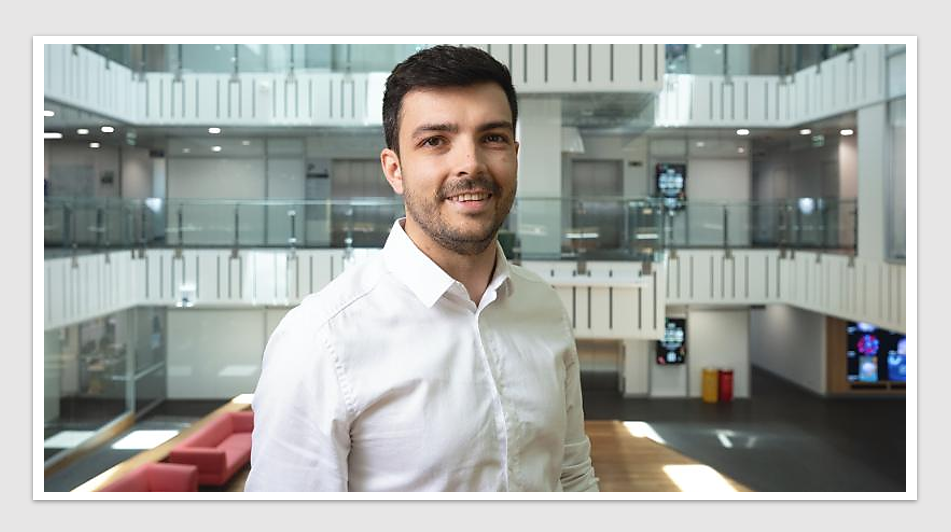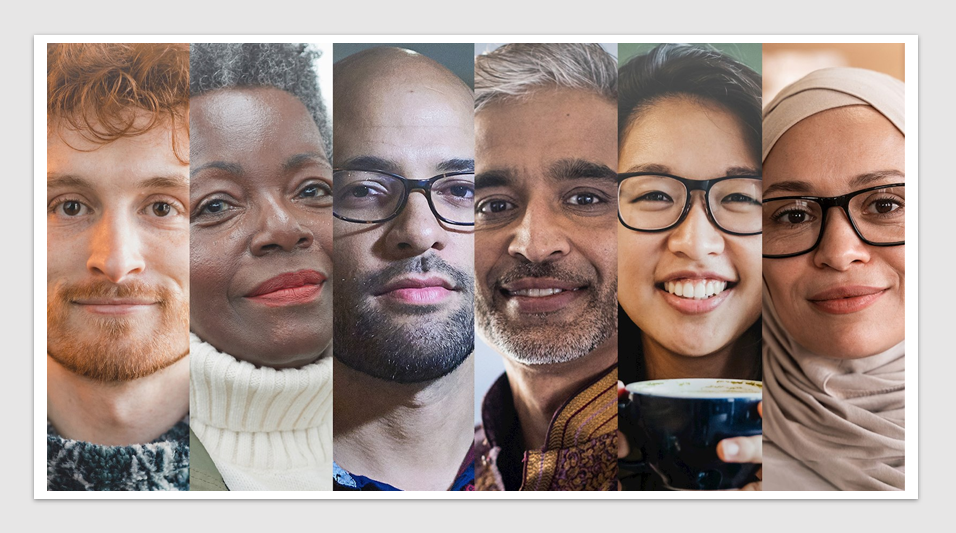Digital & Innovation
MSD, ANDHealth and Telstra leaders talk patient engagement and trust as key to enabling home as the centre of care

Digital & Innovation: A spotlight on remote monitoring and digital innovations enabling home as the centre of care has been a key focus during the Innovate Health conference this week.
In a session chaired by Associate Professor Tam C. Nguyen, Deputy Director of Research, St Vincent’s Hospital Melbourne, Bronwyn Le Grice, CEO, MD & Founder, ANDHealth, Rachel Lewis, Therapeutic Area Head Oncology, ANZ Global Clinical Trial Operations, MSD and Larissa Briedis, Head of Strategic Policy at Telstra Health discussed patient engagement and trust as key enablers of shifting to the ‘home as the centre of care’ model.
Rachel Lewis, Therapeutic Area Head Oncology, ANZ Global Clinical Trial Operations at MSD, said “As the sister of a stage four cancer patient, I’m passionate about making care patient centric because there is a balance between how much we’re doing in the home and how much the patient actually still enjoys that face-to-face interaction [with the clinician]. How do we get that right with what we’ve learned through the COVID 19 pandemic?”
Many pharmaceutical companies have discussed patient centricity for a number of years in clinical operations, however, changes have been slow due to a more rigid mindset in clinical operations bound by rigorous regulations and compliance requirements.
Rachel added “COVID-19 has forced us to be more curious and open minded in our discussions. It’s forced us to think creatively about how we conduct clinical trials and how we make them less burdensome for patients.
“We have been looking at patient centric sampling or wearable devices and how we can start to use these technologies in a validated way to help collect data from the patient at home. We’ve also been looking at decentralised operational models, remote consent and teletrials to get the trials closer to patients, particularly in remote locations. The great thing has been the collaboration between industry, regulators, healthcare providers and the patients,” Rachel said.
In 2020, Clinical Trials Transformation Initiative (CTTI) released survey results during the COVID-19 pandemic looking at the patient experience with clinical trials shifting from a traditional clinic format to a remote focus in the home. About 50% of patients said the change felt similar to what they had been used to while 19% said that the new remote format was an improvement in their experience. Interestingly, 31% of patients said it was a worsening of their experience.
Rachel commented “Truly understanding what it is that our patients need in terms of a balance between being in the clinic with that healthcare provider, feeling like they have that direct connection versus doing essential things at home to reduce their burden, is very important.”
Larissa Briedis, Head of Strategic Policy at Telstra Health, said “Regarding the virtual care piece, the most important thing is that it’s not just about a consultation that takes place at a point in time. It’s also the prescription, the referral management, follow up and the patient monitoring. All of those things have to operate together in an ecosystem and be sustainable with relevant funding and policy models to support it.
“Bringing Medical Director on as a flagship in Telstra’s primary care area is really important in being able to access the patients for prevention and as a source of screening activities which we’re really engaged in. Our business integration with Medical Director is well underway. We also operate the Communicare business which is a software used by the majority of Aboriginal Health Services and the community control sector. Between these businesses, we now have a strong picture of the different workflows, data flows and relationships that different types of clinicians have with different types of patients. That gives us a really unique view on how to design and implement programs that are inclusive and fit for purpose.”
It is imperative to integrate consumer contributions and meaningful input from patients into healthcare decision-making. As a key stakeholder, consumers must have a seat at the table and be included in the entire journey as healthcare delivery is changing.
Rachel said “It’s something that we haven’t been particularly good at, particularly in clinical trials, being so driven by regulations that we’ve forgotten about the patient. This pandemic has made us think differently. It is more important than ever before to have a diverse group of patients enter our trials. I never want to downplay the role of the healthcare provider as they know an incredible amount about what patients want. Open communication between the various stakeholders is critical.
“The success of our move towards patients in the home also relies on a really strong change management strategy that includes training patients on virtual care and talking them through some of their trust concerns, which I think are very valid. Also, providing continuous support throughout that journey is critical.”
Bronwyn Le Grice, CEO, MD & Founder, ANDHealth reflected on a future where patients volunteer their data.
“Engagement is a two-way relationship. It’s about how your technology works with a care team to provide a better level of healthcare. Trust in institutions has never been as low as it currently is. Trust in the big tech companies are very low. If you look at the papers done by Consumer Health Forum and NPS Medicine Wise, you will see that 90% of lay people don’t realise that the private sector is involved in medical research. When you tell them that you’re using their data in research, they think it’s being used in a non-profit government funded research program. As soon as they find out the private sector is involved, their idea of giving their data to research suddenly evaporates.
She added “The one thing that is universal across multiple jurisdictions in these large-scale papers is that patients want to be able to consent on a case-by-case basis. That sounds overwhelmingly difficult, and it is at the beginning, but the more you do it, the more patients consent, and the more that they have a positive experience consenting, the lower the boundary to consent will become. Nobody really wants to consent to everything because they don’t know what everything is.”
Health Industry Hub is a proud supporter of the Innovate Health conference.
News & Trends - MedTech & Diagnostics

Stryker partners with local researchers to advance shoulder joint surgery
MedTech & Diagnostics News: Joint replacement is a commonly performed major surgical procedure that has considerable success in alleviating pain […]
MoreNews & Trends - Pharmaceuticals

Over two-thirds of Aussies missing healthcare appointments
Pharma News: Over 70% of Australians have postponed or cancelled healthcare appointments in the last 12 months. The primary reason […]
MoreNews & Trends - Pharmaceuticals

Opposition decries incremental change as New Zealand government defends Pharmac budget
Pharma News: New Zealand’s Associate Health Minister has made headlines by unveiling Pharmac’s largest ever budget of $6.294 billion over […]
MoreMedical

Telehealth’s 10-year leap in 10 days: Reshaping hospital EDs
Medical: As overcrowding and ramping continue to challenge emergency departments across Australia, the concept of virtual emergency departments (EDs) emerges […]
More